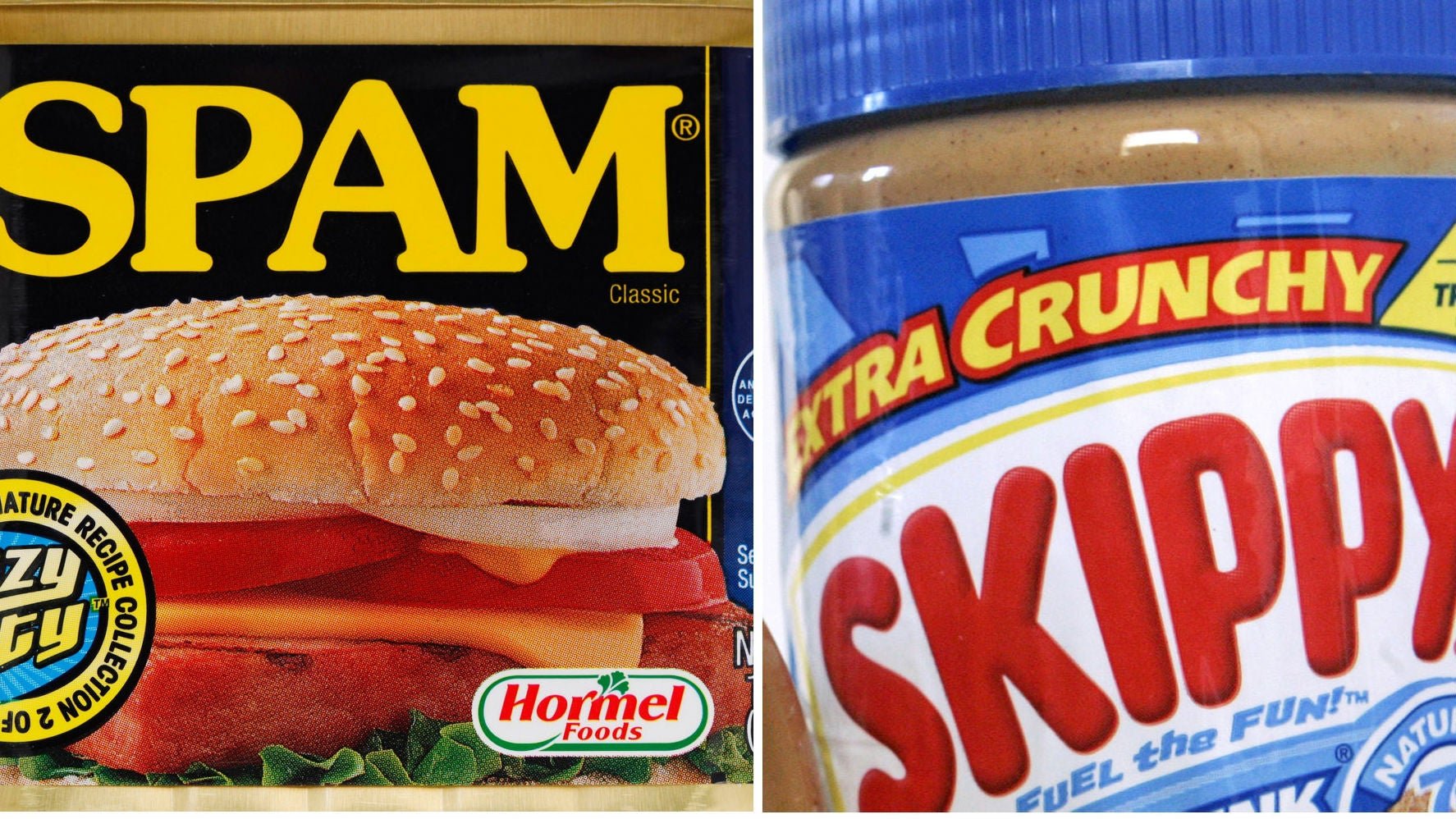Can Hormel Foods get China hooked on peanut butter?
When companies say they are doing a deal to gain a bigger foothold in China, it deserves close scrutiny. Sometimes they really are buying a thriving Chinese business. Or they may just be seeking to boost their share prices by associating themselves with China’s high economic growth.


When companies say they are doing a deal to gain a bigger foothold in China, it deserves close scrutiny. Sometimes they really are buying a thriving Chinese business. Or they may just be seeking to boost their share prices by associating themselves with China’s high economic growth.
Hormel Foods, the company best known for its Spam luncheon meat, said today its purchase of peanut butter brand Skippy from Unilever was partly about seizing opportunities in China. The deal was generally well received, with Hormel’s shares rising over 3% today, but the China angle seems like a stretch. The mainland Chinese do not eat much peanut butter, though the spread is eaten with toast in the more economically developed societies of Hong Kong and Taiwan.
While no official figures exist on peanut butter consumption in China, even Hormel admits it is low. Though Skippy is China’s market-leading peanut butter brand and is widely available in Chinese supermarkets, its sales are in the range of $30 to $40 million a year, Hormel CEO Jeffrey Ettinger said on a conference call with analysts today.
This is hardly surprising, given that eating cold peanut butter sandwiches for breakfast or lunch is an alien concept to most Chinese. Hot and simple foods like rice porridge or deep-fried dough are customary at breakfast, which is why Western fast food chains have struggled to figure out how to fill Chinese mouths in the mornings. At lunchtime, meanwhile, most Chinese like to tuck into noodles or meat buns.
But while peanut butter may not fit into Chinese diets, greater China really likes its peanuts. Salted peanuts are the Chinese equivalent of bread baskets, and peanut oil is is a mainstay of Chinese cuisine. As the pictures on this Chinese recipe website show, (in Chinese) the nation’s cooks crush peanuts into paste, which is stuffed inside cakes and buns or made into sweets. Both mainland Chinese and Taiwanese people often add peanut sauce to cold noodles.
So it’s not inconceivable that Hormel could launch Skippy-branded foodstuffs tailored to Chinese tastes. Ettinger told analysts on today’s call that the company was thinking of taking the Skippy brand “out of the jar” and into other food areas.
And while product awareness remains low, young mainland Chinese people seem to like peanut butter when they try it, at least based on the response to the news on Chinese social network Sina Weibo. Peanut butter on toast appeared to be the favorite—as one Weibo user commented in response to the deal, ”Crunchy peanut butter is really delicious. Smearing a generous dollop on a piece of toast has always been my guilty breakfast.”
Hormel also said somewhat unconvincingly that its luncheon meat product, Spam, may be the answer to selling more Skippy in China. CEO Ettinger alluded to potential ”marketing synergies” between Skippy and Spam during the analyst presentation, though he declined to elaborate further on the marketing virtues of a meat-nut team-up.
Still, any company that manages to sell the Chinese on Spam, which Westerners associate with poor quality and poverty (the Scottish use the slang phrase “Spam Valley” for low income housing estates), probably possesses a brand of marketing genius that should never be underestimated. Perhaps Hormel will have China hooked on peanut butter coated Spam fritters within months.